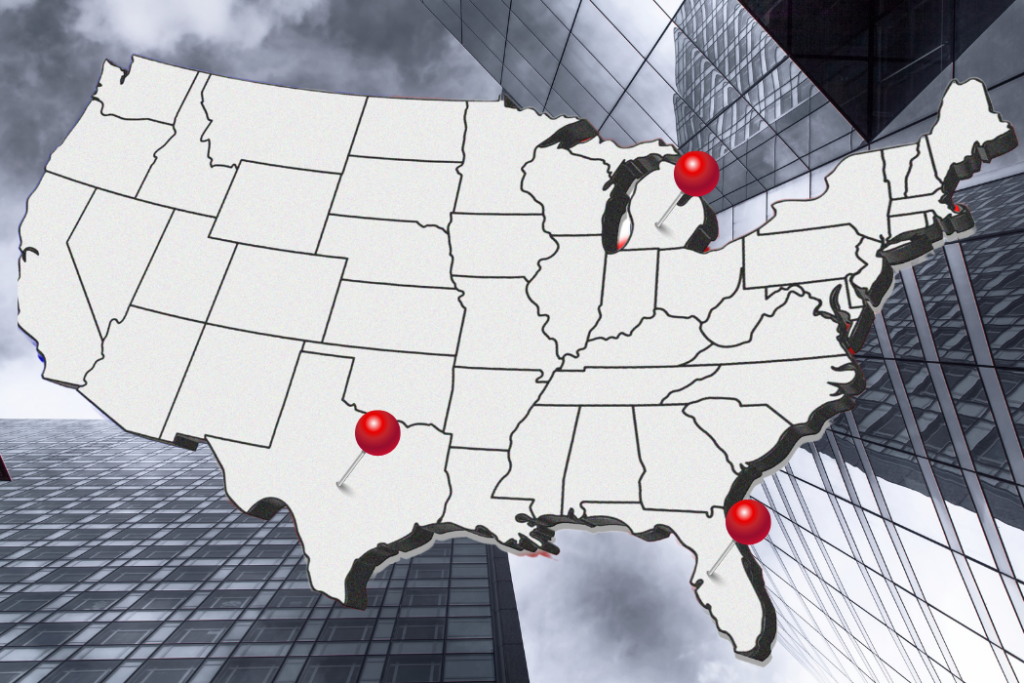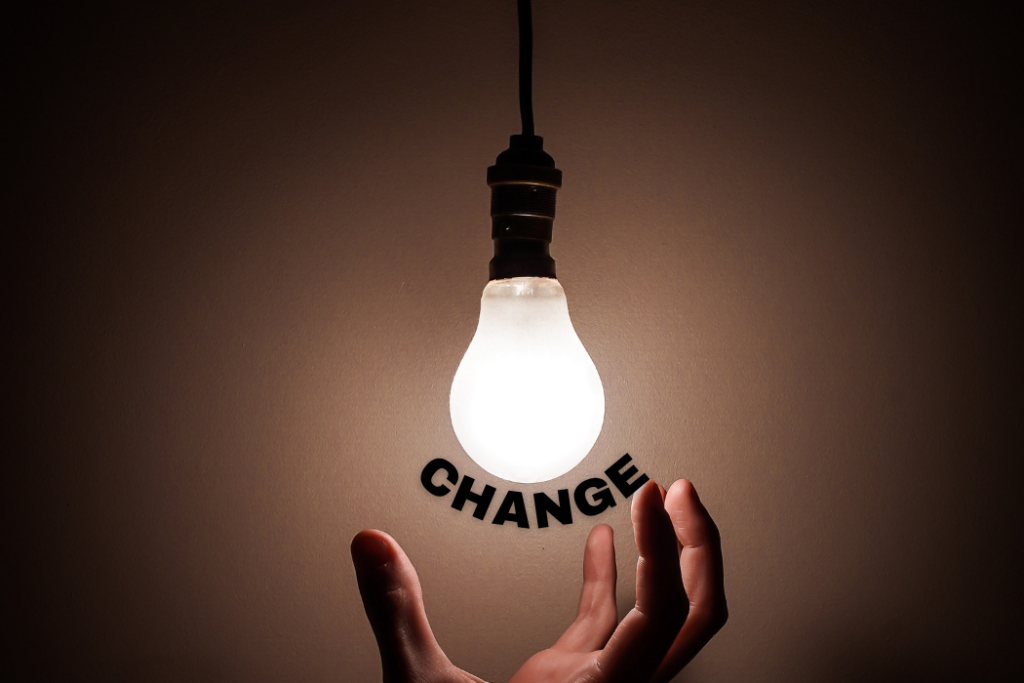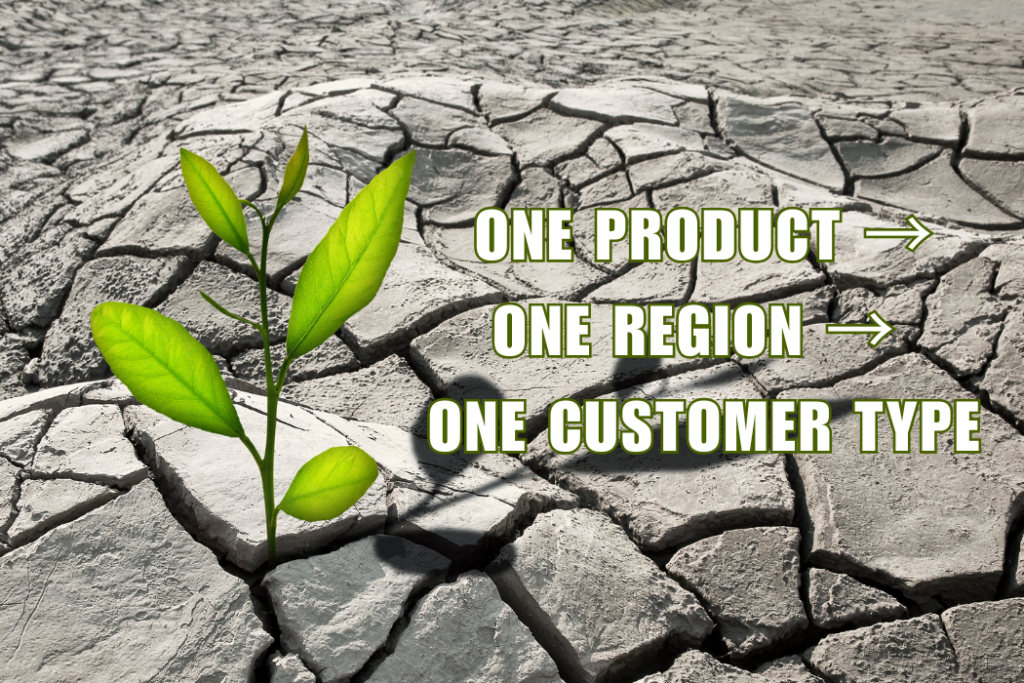
Sometimes big things start with a small spark.
The printing press, light bulbs, polio vaccine, computers, i-everything are a few examples. For every success story, there are dozens of stories of people who tried and failed. Every entrepreneur has found themselves reflecting on what makes the difference between a business that fails and a business that succeeds. Hundreds of books have been written on this topic. Sometimes it is timing, sometimes it is luck, and, sometimes it is small enhancements. Often, it is money.
Whether we like it or not, access to capital, even in small amounts, is critical to fuel business success.
For example, Andrea Sreshta and Anna Stork were students when they invented their first solar light product to address the post-earthquake disaster relief efforts in Haiti. With $10,000, LuminAid was launched. Today the Chicago-based company has expanded its product line, from disaster relief to camping to everyday living.
We’ve all heard stories of entrepreneurs selling a house or cashing in their 401(k) to fund their business idea. And, we’ve heard of people losing everything in pursuit of their dreams. Aspiring companies need capital, and entrepreneurs should not have to rely on personal wealth.
Access to capital is particularly hard for women and minority-owned businesses. In 2017, according to Pitchbook, only 2.2 percent of venture capital funding went to all female-founded teams. Black and Latino entrepreneurs received just 1 percent of the startup financing, according to the Kauffman Foundation.
The only thing that makes these numbers worse is the scale. Everyday in 2017, 1,821 women launched a new business, with 64 percent of these enterprises led by women of color. Yet, these women can’t get the funding they need to build capacity and sustain a viable company, impacting their ability to support themselves and their families. This is especially critical since women are starting businesses at a faster rate compared to the general market (58 percent versus 12 percent).
If we are to thrive as a country, we must increase access to capital to fully realize our talent and innovation. A recent Morgan Stanley report stated, “Everyone has preconceptions and biases and investors are no different (both known and implicit). But these biases seldom work for the benefit of women and people of color when trying to source funding.”
One of the best resources to help minority entrepreneurs compete for funding is a sound business plan that meets the standard requirements for their specific industries. Entrepreneurs should consider working with experts to develop their business plan and seek counsel on the best ways to receive funding from people who know business and understand their industry. Not only does this type of planning make companies more competitive when it comes to securing critical infusions of capital, it also gives small business owners a targeted guide to follow in order to take their company’s growth to the next level.
With eight offices across nine midwestern states, the Women’s Business Development Center (WBDC) has the privilege of helping thousands of women and minority entrepreneurs receive access to the tools they need in order to successfully grow their business. Whether you live close enough to utilize resources from the WBDC or are located somewhere else in the U.S., there are business development organizations committed to ensuring that owners and entrepreneurs are able to receive the support necessary to grow a successful company. Additionally, taking steps like applying to become a certified women or minority business enterprise, can help to distinguish yourself from competitors while exposing your company to those specifically looking to work with women and minority business owners.
Across the country, we are slowly but surely starting to see the positive impacts that women and minority business owners can make towards our economy when they are given the tools and support necessary to succeed. According to a recent survey conducted by small business financing company Guidant Financial, African American businesses grew by more than 400 percent in 2018 as compared to 2017. In total, between 2007 and 2017, the number of minority-owned small businesses grew 79 percent, reaching 11.1 million. That growth is about 10 times faster than the 7.6 percent overall growth rate for non-minority small businesses during the same period.
As women and minority small business owners, your ongoing hard work and dedication are essential to our country’s continued economic success and development. It’s time we start investing in that. So let’s fan the sparks of ideas from the women and minority entrepreneurs in our communities and, as you build your business, be sure to seize the valuable resources available to help you succeed.













